- What We Do
- Agriculture and Food Security
- Democracy, Human Rights and Governance
- Democracy, Human Rights and Governance Strategy
- Supporting Free and Fair Elections
- Supporting Vibrant Civil Society & Independent Media
- Protecting Human Rights
- Promoting Accountability & Transparency
- Importance of Democracy, Human Rights, & Governance to Development
- COVID-19: Issues and Potential USAID Responses
- Countering Trafficking in Persons
- Global Labor Program
- Religious Freedom
- Youth Impact
- Economic Growth and Trade
- Education
- Environment and Global Climate Change
- Gender Equality and Women's Empowerment
- Global Health
- Humanitarian Assistance
- Transformation at USAID
- Water and Sanitation
- Working in Crises and Conflict
- U.S. Global Development Lab
-
Learn More
Partnering with Indigenous Peoples: Driving Self-Determined Development in the Mayan Biosphere Reserve
-
Learn More
Highlighting the Indigenous Economy Initiative
-
Learn More
A Spoon of Honey: The Flavor of Indigenous Traditions in Paraguay
Speeches Shim
“Indigenous Peoples total more than 370 million globally and represent a diversity of geographic locations, cultural identities and traditions, and other socio-economic and political dynamics.”
USAID’s Senior Advisor for Indigenous Peoples’ Issues
The Senior Advisor for Indigenous Peoples’ Issues was established at the United States Agency for International Development (USAID) in 2012 and is supported by the Human Rights Division at the Center for Democracy, Human Rights, and Governance (DRG).
The role of the Senior Advisor, as specified by the U.S. Congress in Public Law 112-74, is to:
- Advise the Director of United States Foreign Assistance and the Administrator of the United States Agency for International Development on matters relating to the rights and needs of Indigenous Peoples internationally and represent the United States Government on relevant matters in meetings with foreign governments and multilateral institutions;
- Provide for the oversight and coordination of all resources, programs, projects, and activities of the United States Government to protect the rights and address the needs of Indigenous Peoples internationally; and
- Develop and coordinate assistance strategies with specific goals, guidelines, benchmarks, and impact assessments (including support for local indigenous peoples’ organizations).
Getting to Know the Advisors for Indigenous Peoples’ Issues
Luis-Felipe Duchicela, who was appointed USAID’s Senior Advisor for Indigenous Peoples’ Issues in June 2019, previously served at the World Bank where he was Global Advisor for Indigenous Peoples, and led the global dialogue with Indigenous Peoples as part of the Bank’s reform process of its Environmental and Social Policies. Dr. Vy Lam is USAID’s Advisor on Indigenous Peoples. Dr. Lam has worked at USAID for eight years on integrating human rights and non-discrimination into USAID’s policies and programs.
USAID Policy on Promoting the Rights of Indigenous Peoples
In March of 2020, USAID launched the Agency’s Policy on Promoting the Rights of Indigenous Peoples (PRO-IP). PRO-IP aims to set a new standard for engagement and partnership with Indigenous Peoples, improving the measurable impact and sustainability of USAID’s programs by ensuring that our staff and implementing partners engage Indigenous Peoples as equal partners in development processes. The Policy safeguards against harm; and enhances the ability of Indigenous Peoples to protect their rights, determine their own priorities, and advance their self-determined development and self-reliance.
PRO-IP also recognizes the value of Indigenous Peoples’ own decision-making processes, expertise as environmental stewards, and visions for development; and recognizes that they can be critical partners with USAID in the conservation of cultural and natural resources. PRO-IP builds on USAID’s experience in supporting Indigenous Peoples’ rights, consistent with our strategic approach to empower individuals and build communities through helping governments, civil society, and the private sector on the Journey to Self-Reliance. PRO-IP identifies four development objectives:
- Strengthen engagement with Indigenous Peoples to safeguard against harm and support their development priorities and self-reliance;
- Increase the integration of Indigenous Peoples’ concerns across all sectors of USAID’s portfolio of investments and promote cross-sectoral development approaches;
- Empower Indigenous Peoples and their representative organizations to advocate for, and exercise, their rights and practice self-determined development; and
- Foster an enabling environment for Indigenous Peoples to advocate for, and exercise, their rights.
The PRO-IP Launch Event
In commemoration of the International Day of the World's Indigenous Peoples, on August 10, 2020, USAID hosted an event to celebrate PRO-IP and invite Indigenous Peoples' communities and leaders to share their prespectives on development practices. Featured speakers and other content from the event:
- Recording of USAID's Celebrating PRO-IP Event on Learning Lab
- "Voices from USAID's Missions" - Compilation of short videos from USAID's Missions
- "Voices from Indigenous Peoples' organizations" - Compilation of short videos from USAID's partners
- Reimaginging the World: Lessons from the Indigenous Peoples in the era of COVID-19 - an USAID/Medium blog by Luis-Felipe Duchicela, Senior Advisor on Indigenous Peoples' Issues
- "The Sweet Taste of Success" - a USAID video and "Strengthening economic opportunities for Indigenous Peoples in Paraguay" - an USAID/Exposure blog by Teresa Torres, Development Outreach and Communications Coordinator at USAID/Paraguay
How PRO-IP Builds on USAID’s Innovative Strategies to Strengthen Self-Reliance
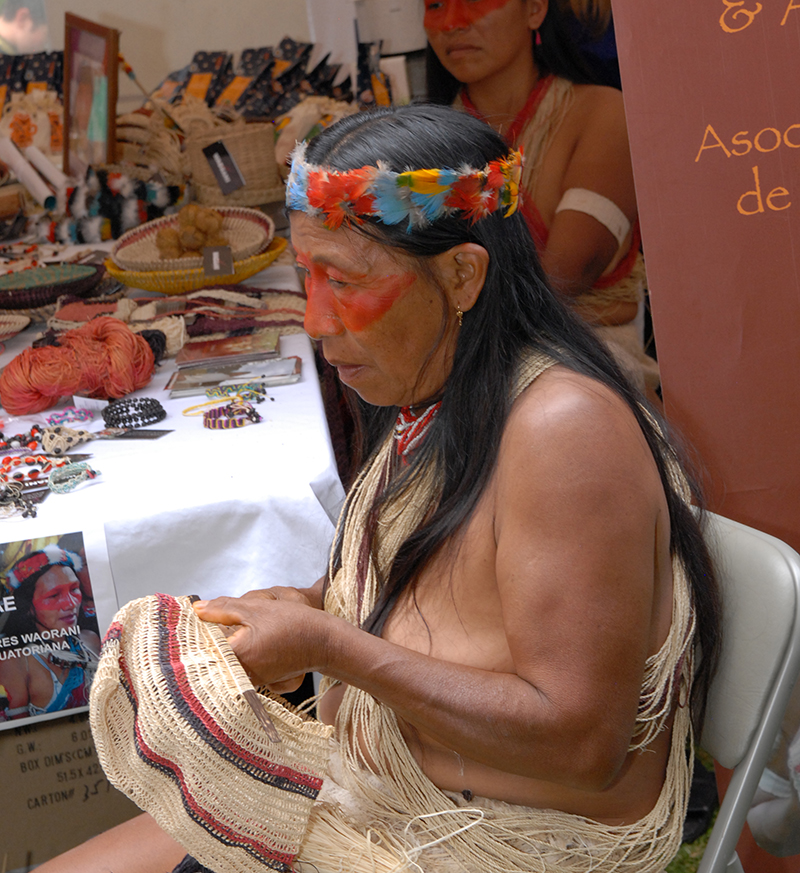
- USAID/Paraguay is supporting legal registration and identification of 24,026 individuals in 237 Indigenous Peoples’ communities, providing access to basic services including health and education, improved livelihoods and food security.
- USAID/Peru provides targeted support for 10 Indigenous Peoples’ organizations across the Amazon Basin (Brazil, Colombia, Guyana, Peru, and Suriname).
- USAID/Southern Africa implements the Advancing Rights in Southern Africa (ARISA) program that focuses on Indigenous Peoples in Angola, Botswana, Lesotho, Namibia, and South Africa.
- USAID/Nicaragua builds the capacity of the 17 legally recognized Indigenous and Afro-Descendent territorial governments and 18 Indigenous Peoples’ communities of the Northern Caribbean Coast to use advanced technology to combat land grabs, resource exploitation and other rights violations.
- USAID/Democratic Republic of Congo’s Central Africa Regional Program for the Environment conducted an in-depth assessment to enhance the engagement of Indigenous Peoples in programming, and to reduce the threat of the commercial bushmeat trade, reduce deforestation, and improve protected area management.
- USAID/Uganda addressed priority concerns in Southwestern Uganda and Karamoja by facilitating; listening sessions with the Batwa, So, and Ik communities to inform local governments’ efforts to improve access to services and promote rights awareness.
A Global Alliance for Indigenous Peoples Rights and Development
The Senior Advisor is leveraging USAID’s Global Development Alliance mechanism to build an alliance that will focus on three critical needs:
- Build the managerial and technical capacities of Indigenous Peoples representative organizations;
- Foster an enabling environment for the full exercise of Indigenous Peoples rights and development needs through dialogues with national governments and other stakeholders, and
- Promote partnerships with the private sector to build Indigenous businesses and new economic models in their territories and communities.
This Alliance will be co-led by Indigenous Peoples, and will strengthen USAID’s efforts to enhance and expand programs focused on Indigenous Peoples and adhere to the new PRO-IP policy.
USAID Resources on Indigenous Peoples’ Rights
- USAID PRO-IP Policy
- Indigenous Peoples Blog
- Regional and Country Profiles
- Road Map for Engagement
- Sector Guidances
- Implementation Toolkits
- About Us
Other Resources on Indigenous Peoples’ Rights
- UN ILO 169 – Convention on Indigenous Peoples
- UN Declaration on the Rights of Indigenous Peoples
- World Conference on Indigenous Peoples Outcome Document
- Special Rapporteur on the Rights of Indigenous Peoples
- Expert Mechanism on the Rights of Indigenous Peoples
- UN Division for Social Policy and Development – Indigenous Peoples
Home | USAID PRO-IP Policy | Blog | Regional and Country Profiles | Road Map for Engagement | Sector Guidances | Toolkit | About Us

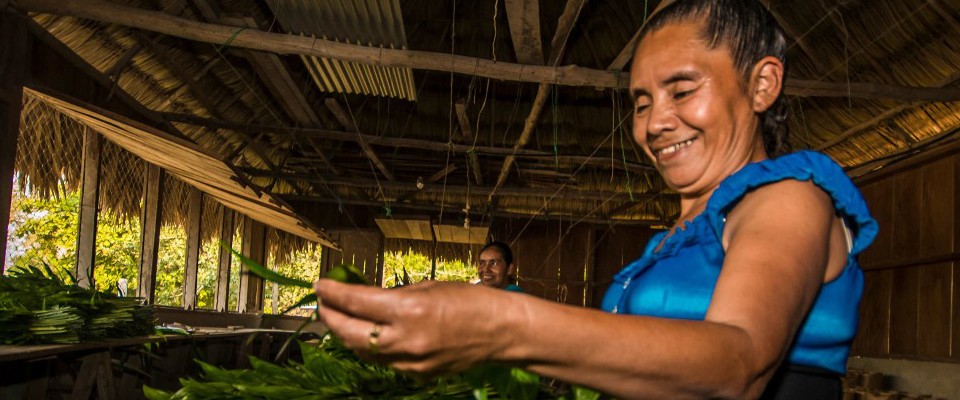
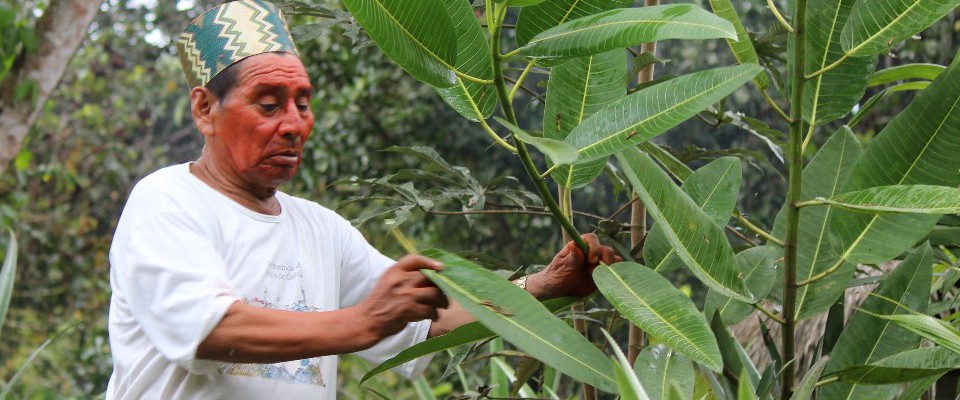
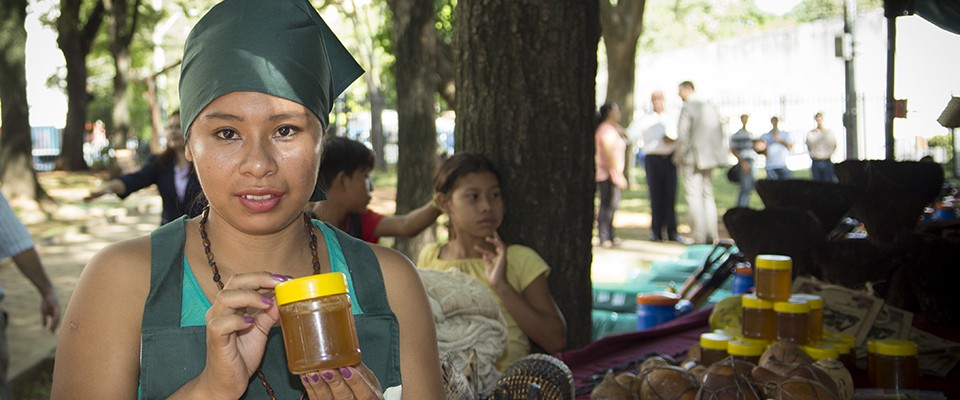
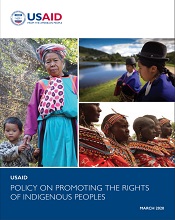
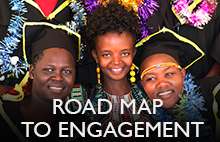
Comment
Make a general inquiry or suggest an improvement.